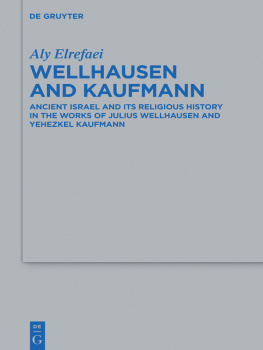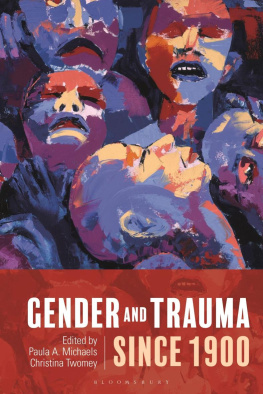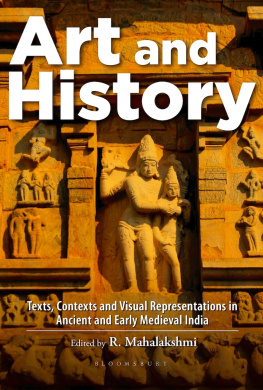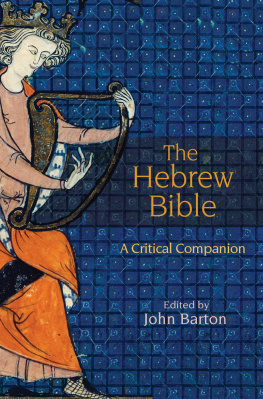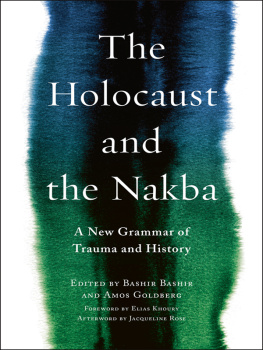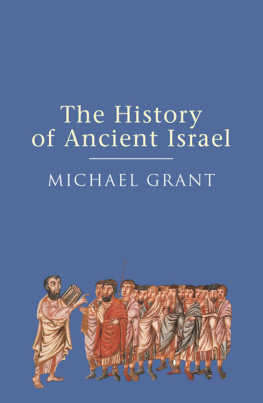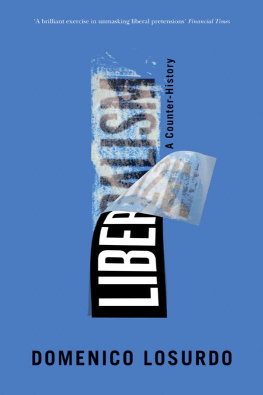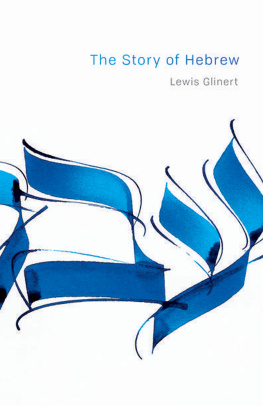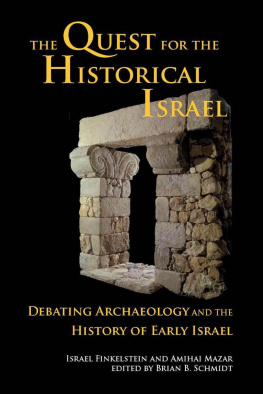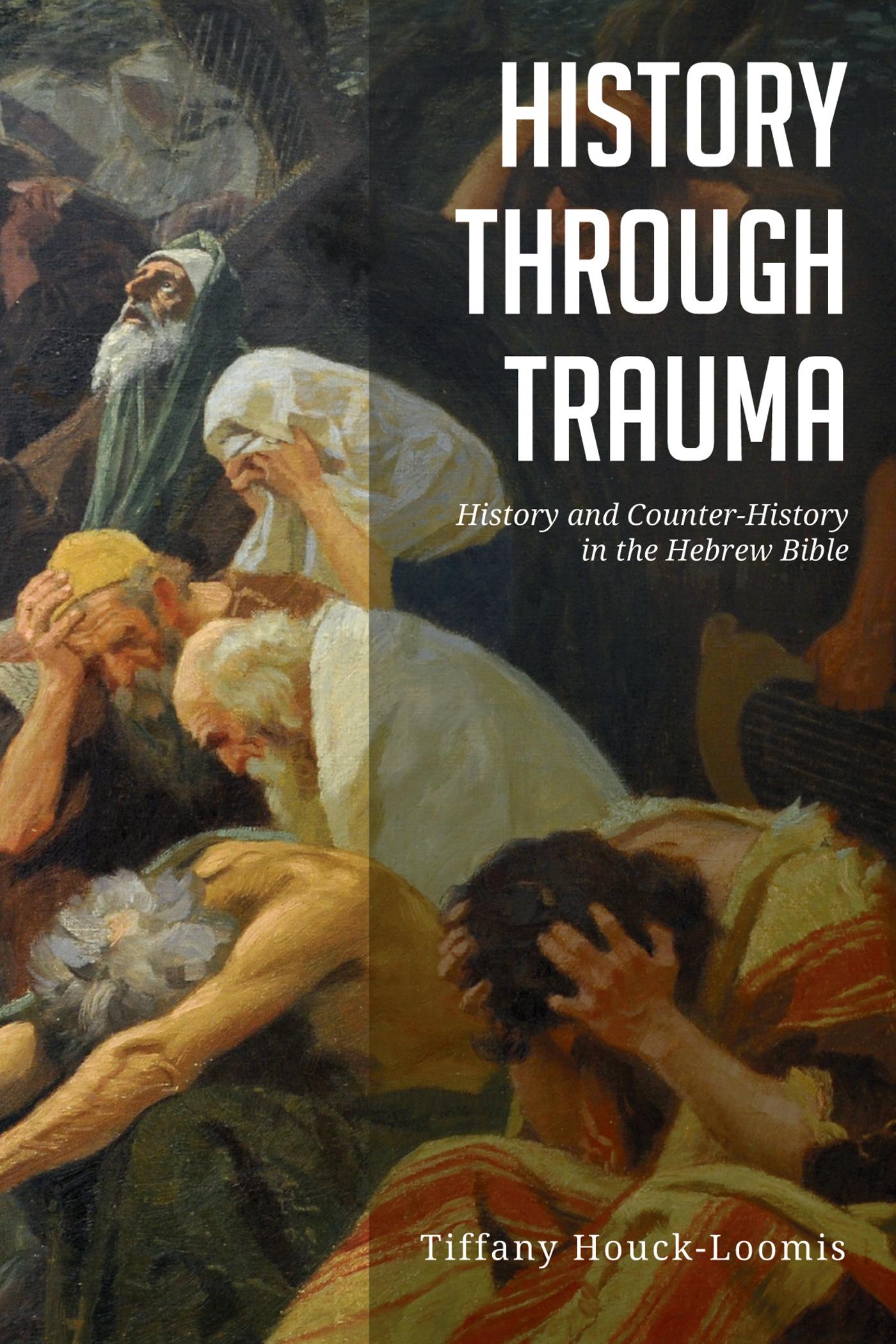Introduction
Our general instinct to seek and learn will, in all reason, set us inquiring into the nature of the instrument with which we search.
Plotinus, Enneads IV, ,
W hat is one to make of the little known though widely referred to traumatic experience of the multitude of exiles Israel underwent at the hands of various surrounding superpowers including Assyria, Egypt, and Babylonia throughout the eighthsixth centuries BCE? How did history, the process of making a narrative and its repetitious recitation, enable Israel to formulate an identity that structured community living during the traumatic aftermath of the devastating Babylonian Exile in the sixth century BCE? How did this same history simultaneously disable Israel the ability to acknowledge and integrate the actual harrowing reality of these events that undeniably left their mark on the way in which Israel understood its relationship to the land, the community of Gods people, and Israels relationship to other nations?
This study investigates these questions by examining the Covenant in Deuteronomy and its counter-narrative in the book of Job. My inquiry focuses on the psychological effects of trauma on the creation and dissolution of religious, political, and national symbols. My approach draws equally on the methods of historical-critical and ideological biblical criticism and from selected psychoanalytic theory about symbols in order to analyze how individuals and communities construct historical narratives as a way of processing life-shattering circumstances. I show that while the Deuteronomic Covenanta symbol derived from ancient Near Eastern modelsenabled Israel to survive the trauma of exile, it also blamed the victimized culture, perpetuating an ideology of guilt and shame. In contrast, I argue that the book of Job counters the ideology of the Deuteronomistic History, which follows the tenets of the Deuteronomic Covenant. Reading the book of Job as a symbolic history of Israel that parallels the Deuteronomistic History reveals how the ancient Israelites maintained these two diverse and seemingly disparate stories. When held together, these two contrasting stories provide an alternative way of interpreting the traumatic events of exile that pollute the landscape of Israels history.
The study I present here examines how Israel articulates its own identity, amidst the shifting social and historical contexts of exile, within its officially recognized historical texts and what I consider, its counter-historical texts. By historical texts I am referring to Joshua, Judges, and Samuel, and and Kings. I italicize historical from time to time in order to emphasize the ambiguity of the very category. When referencing the Deuteronomistic History, what I term the national or dominant History the word History will be capitalized. Further arguments regarding the concept of history, historical narratives, and counter-texts are explored in depth throughout this work. Israels relationship with God and how the Deuteronomic Covenant shaped and informed this relationship throughout its shifting social context is central to Israels identity. Therefore, at the heart of this study, I investigate how God and Israel are identified within the Deuteronomic Covenant as this Covenant was shaped and reshaped throughout the years of oppression and exile. In the context of the prolific rhetoric of Covenantal ideology articulated in the Deuteronomic Covenant read in Deuteronomy and what are accepted by most biblical scholars as the books that include the Deuteronomistic History (Joshua, Judges, and Samuel, and Kings) I proffer that a counter-narrative runs parallel to this structured and dominant narrative. In contrast to a Covenantal relationship between Israel and God a counter-narrative surfaces in later postexilic literature. This counter-narrative that surfaces in the book of Job I call, an Individuated relationship or Individuated religion. These two narratives, the Covenantal and the Individuated, were simultaneously shaped after the events of the Babylonian Exile. The two narratives exist today side-by-side in the Hebrew canon. One does not supersede or erase the other. Instead, they remain together without collapsing into one another. The Covenantal narrative in Deuteronomy and the Deuteronomistic History, and the Individuated narrative in the book of Job exist, in a sense, for one another. In their mutual existence, a new symbol arises which allows for the former symbol of the Covenant to be renewed and enlivened in the new symbol found in the character of Job, even after the trauma of exile.
By Covenantal religion I am referring to the moral and ethical code of conduct explicitly laid out in the Deuteronomic Covenant that ensures land, prosperity, progeny and protection as a reward for obedience, while promising utter destruction and exile from the land as a consequence of Covenantal disobedience. Covenantal religion provided religious and communal structure for Israel during the sixth and fifth centuries, a time when Israel had lost its land and temple and experienced a profound disruption to its religious ideology. A great deal of literature exists within the field of biblical scholarship regarding the Covenant narrative within Deuteronomy and its formulation and reformulation in and throughout exile as a way in which Israel tried to explain this horrific event.


